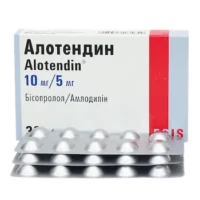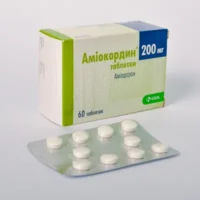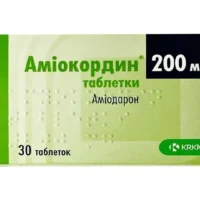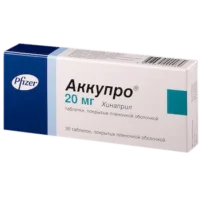Description
Lisinoprazid Tablets 10 mg/12.5 mg. №30
Ingredients:
- Each tablet contains 10 mg of Lisinopril and 12.5 mg of Hydrochlorothiazide.
Dosage:
- The usual recommended dose is one tablet once a day. It is important to follow the dosage instructions provided by your healthcare provider.
Indications:
- Lisinoprazid tablets are indicated for the treatment of hypertension in patients who require dual therapy. It helps in lowering blood pressure and reducing the risk of cardiovascular events.
Contraindications:
- Do not use Lisinoprazid tablets if you are allergic to any of the ingredients, have a history of angioedema related to previous ACE inhibitor therapy, or are pregnant.
Directions:
- Take Lisinoprazid tablets orally with or without food as directed by your doctor. It is important to take the medication regularly to experience the full benefits.
Scientific Evidence:
- Studies have shown that the combination of Lisinopril and Hydrochlorothiazide in Lisinoprazid tablets provides better blood pressure control compared to monotherapy. Research published in the Journal of Clinical Hypertension demonstrated the efficacy of this combination in managing hypertension.
Additional Information:
- It is essential to monitor blood pressure regularly while taking Lisinoprazid tablets to adjust the dosage if needed. Inform your healthcare provider about any other medications or supplements you are taking to avoid potential drug interactions.





